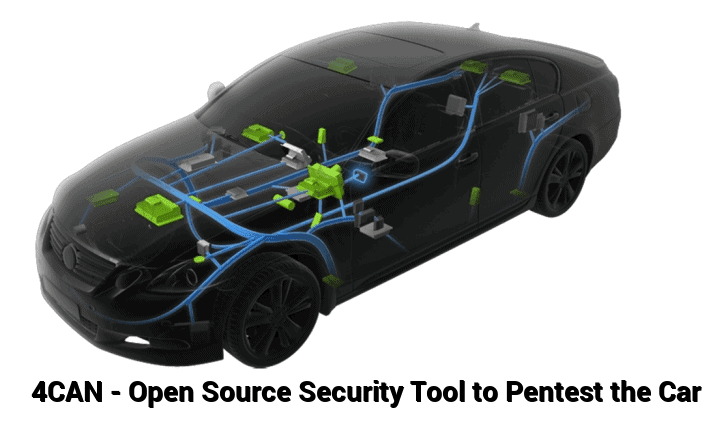The 4CAN V2 is one project compatible with Raspberry Pi created by the Cisco team to test car safety of via the 4CAN bus and can also send randomly payloads to automate this process.

During the last decade, the Companies released modern cars that connect to specific network gateways with limited protection.
Μsometimes we see on Movies cars to be hacked remotely, which seems very misleading, but unfortunately now become reality. Cisco has released an open source tool called 4 CAN to help test vulnerabilities in modern cars.
Installation
1. Download it Repository opening a terminal and typing the command:
git clone https://github.com/alexdetrano/4CAN

2. Then type:
cd 4CAN

3. Finally we run it script giving the order
./install.sh
Ο installer will do the following tasks:
4. Copieslet's smoke the 4 mcp2515-canx.dtbo files in the / boot / overlays directory

5. Creatorhmm insteadίγραφό security for the original /boot/config.txt in any case

Use
1. Connect the Raspberry Pi

We run the command
./4CAN.sh

The 4CAN V2 Raspberry Pi is a fully automated tool when it comes to checking the safety of a car, the which is one tool που works as a bash script, It works without any particular problems and is quite convenient.
positively
- Completely automated
- It is also compatible with buses
Negatively
- While is automatic, still need some experience to use






How does Raspie communicate with the car? USB, ODB, Bluetooth;